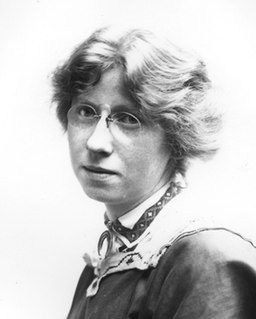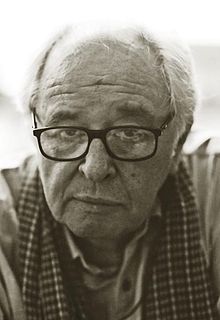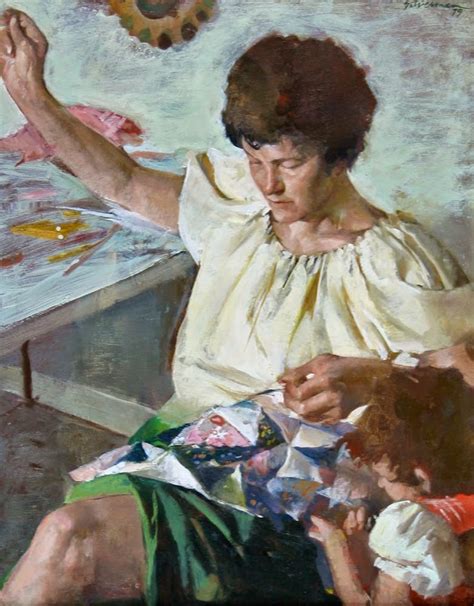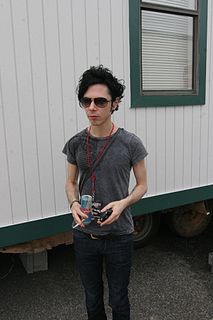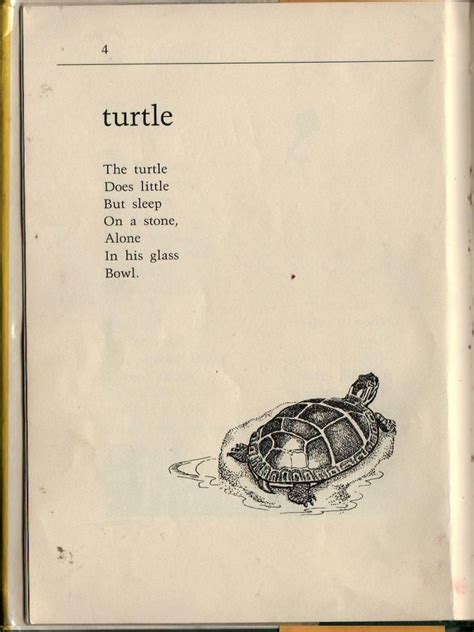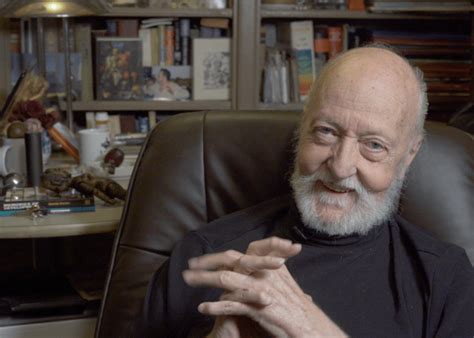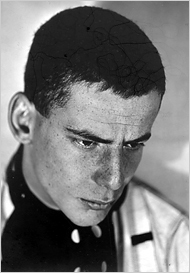A Quote by Imogen Cunningham
Suppose Cartier-Bresson asked the man who jumped the puddle to do it again --- it never would have been the same. Start stealing!
Related Quotes
Let's assume that all the cassettes of monochrome film Cartier-Bresson ever exposed had somehow been surreptitiously loaded with colour film. I'd venture to say that about two thirds of his pictures would be ruined and the remainder unaffected, neither spoiled nor improved. And perhaps one in a thousand enhanced.
If you had been poor in your last life I would have asked you to be rich when you come again. But you were rich. If you had been a coward, I would have asked you to bring courage. But you were a fearless warrior. If you had died young, I would have asked you to get life. But you lived long. So I shall ask you to come again the way you came before.
When I was just starting out, I met Cartier-Bresson. He wasn't young in age but, in his mind, he was the youngest person I'd ever met. He told me it was necessary to trust my instincts, be inside my work, and set aside my ego. In the end, my photography turned out very different to his, but I believe we were coming from the same place.
Cartier-Bresson has said that photography seizes a 'decisive moment', that's true except that it shouldn't be taken too narrowly...does my picture of a cobweb in the rain represent a decisive moment? The exposure time was probably three or four minutes. That's a pretty long moment. I would say the decisive moment in that case was the moment in which I saw this thing and decided I wanted to photograph it.
While photography to Cartier-Bresson is constantly an intuitive process, it is never purely instinctive. It is founded on continuous intellection, on ceaseless consideration during all moments previous to, or preparatory for, the pressing. It does not only operate in the blinding flash of a moment seized; it works all the time. The snatched picture merely cuts across the vein of observable incident or accident which is always beating, whether or not the fingers actually press.
